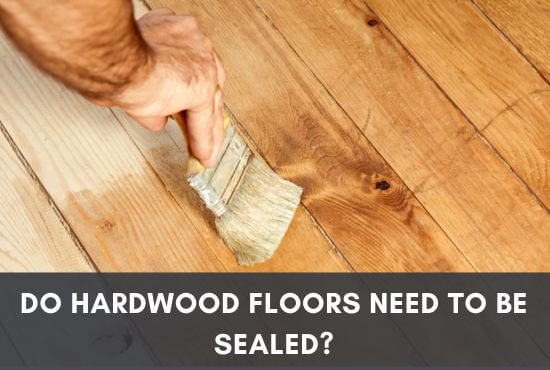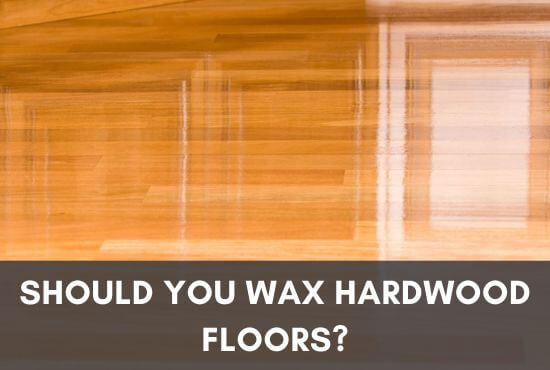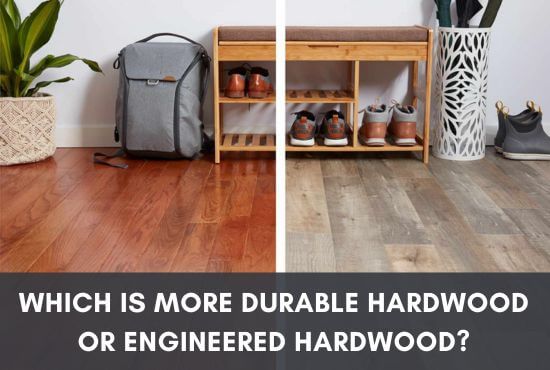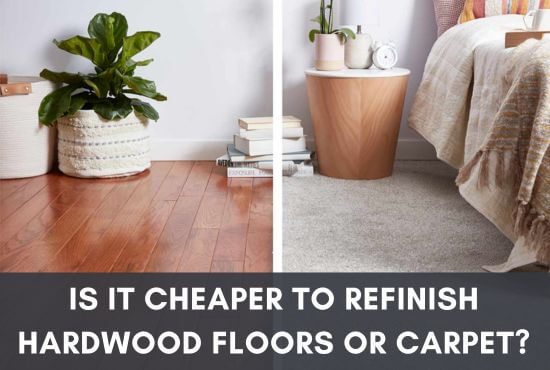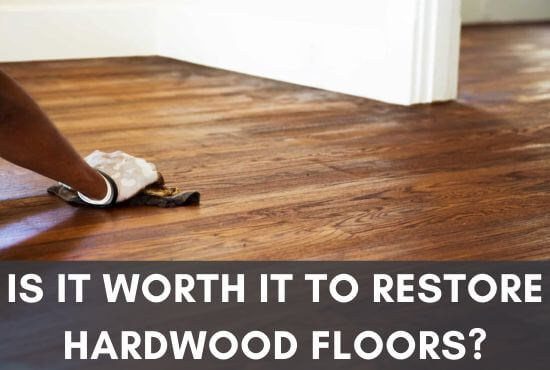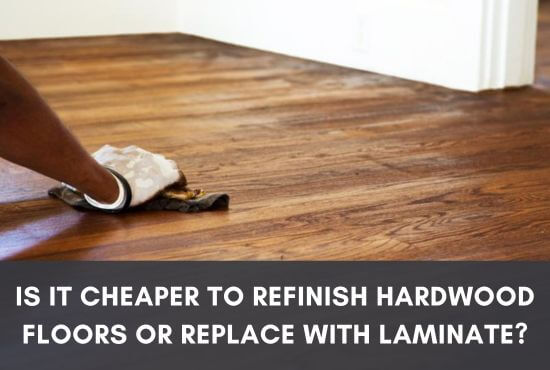It’s crucial to consider the type of wood when using Lysol wipes. Due to its high cost and decreasing availability, many technologically enhanced wood types are on the market.
You can periodically disinfect the surface with Lysol wipes if it’s made of hardwood.
You can clean non-porous hardwood floors or varnished wood floors with Lysol wipes. Lysol wipes will effectively wipe down and sanitize your floor without causing any damage to the wood.
You can use wipes from Lysol to clean various surfaces, including wood, furniture, marble, porcelain, mirrors, windows, and plastic.
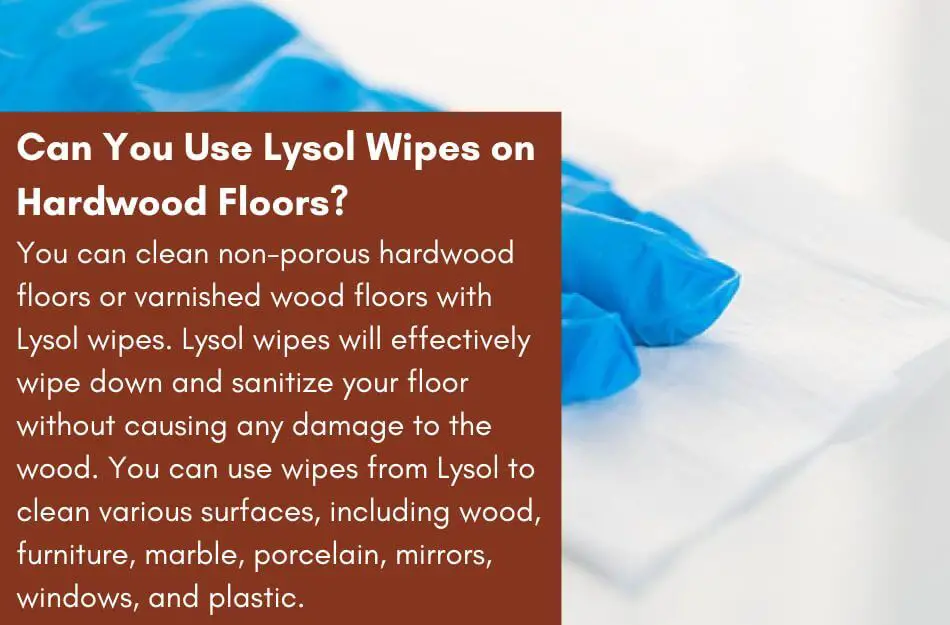
To sanitize its surface, you can also use Lysol in liquid form, but only on rare occasions. Use it at most 2 times a day.
Similarly, it would be best not to clean your wood floors with liquid Lysol daily. According to the Lysol team, their product is safe for hardwood floors.
Based on your preference to clean or sanitize, they advise leaving Lysol wipes on the hardwood for 1 to 6 minutes.
Table of Contents
- 1 What is Lysol? Can You Use Lysol Wipes on Hardwood Floors?
- 2 Guidelines For Using Lysol Wipes Before And After Cleaning
- 3 Advantages Of Using Lysol On Hardwood Floors
- 4 Disadvantages Of Using Lysol On Hardwood Floors
- 5 On What Surface Should Lysol Wipes Be Avoided?
- 6 Tips For Using Lysol Wipes On Hardwood Floors
- 7 Final Thoughts
What is Lysol? Can You Use Lysol Wipes on Hardwood Floors?
Lysol is an alcohol-based cleaning agent, which has been a well-known household cleaning solution for more than 40 years.
Lysol cleaning supplies are standard in every home and are renowned for their potent and effective cleansing abilities.
Tables, floors, door handles or knobs, devices, and even floors can all be cleaned with Lysol products.
It recently made headlines following the Covid-19 epidemic. Lysol disinfectants were in such high demand in the US that they briefly disappeared from the shelves.
On contact, these disinfectants eliminate 99.99% of germs and viruses. Products from Lysol come in liquid, aerosol, and wipe forms. Additionally, they come in all-purpose forms.
Also Read: Will Clorox Wipes Damage Hardwood Floors? An In-Depth Guide
On Which Type of Floor Can We Use Lysol Wipes?
You can clean at least two different types of wooden surfaces with Lysol wipes: porous and non-porous:
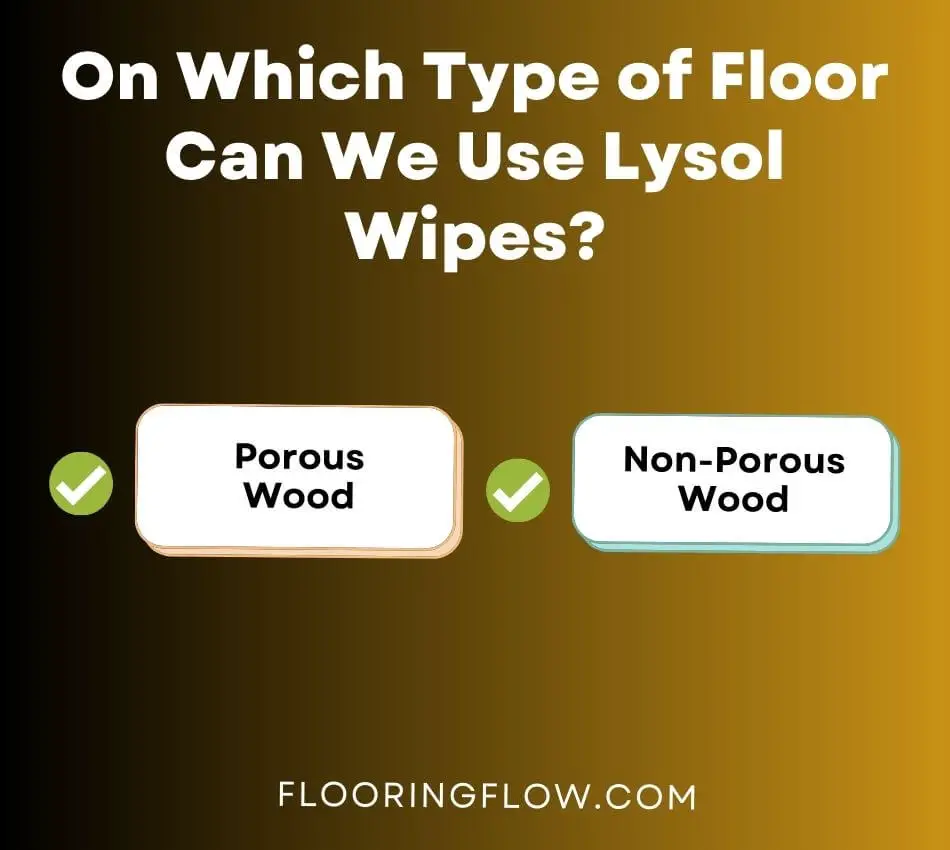
Porous Wood
Materials made of porous wood have pores like sponges. The health of genuine wood floors will suffer because of moisture absorption.
Due to their cross- and end-grain construction, they are not protected in any manner, which allows water to permeate the entire material through the capillaries.
Non-Porous Wood
Non-porous wood is a type of wood substance that is sealed and shielded from the elements. With well-known floor cleaners like Lysol, you can clean non-porous hardwood or varnished wood floors.
According to the Lysol company, using Lysol wipes or cleaning your hardwood floor won’t harm the wood.
You can use Lysol products safely and efficiently on coated (or polished) hardwood surfaces, such as vinyl hardwood or treated counter blocks.
Lysol cleaning products stay on the treated wood facade to thoroughly clean.
They sanitize the area because various hardwood floors are non-porous, indicating they don’t have tiny holes on the surface.
You must safely use your selected Lysol cleaning product on your treated hardwood floor, whether with a spray or a wipe.
You May Also Like: Why Is My Hardwood Floor Sticky After Swiffer?
Using The Lysol Wipes On Hardwood Floors
- Initially, use a clean cloth or pad to clean the area.
- To wet the area, utilize as many wipes as necessary.
- Allow it to dry and wait four minutes to disinfect it thoroughly.
- Use water-soaked wipes in addition to cleaning any surfaces that come into touch with food.
Guidelines For Using Lysol Wipes Before And After Cleaning
It would be best to take action before and after using any Lysol wipes. These activities are so important for the skin and yourself. So take these actions:
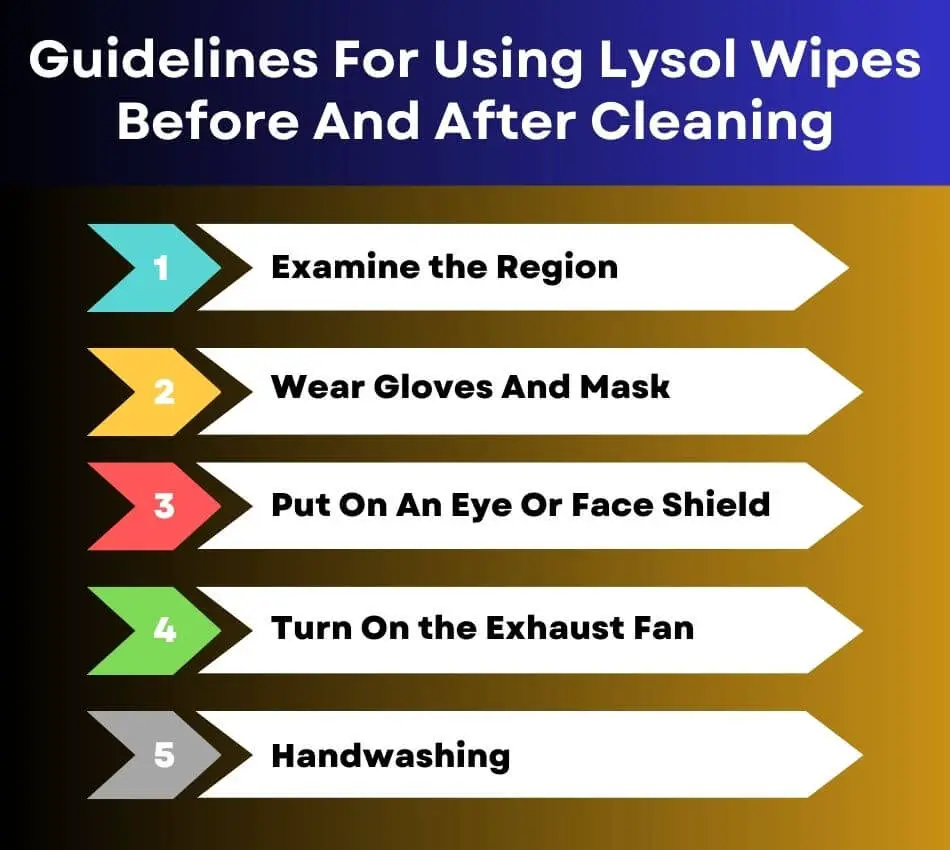
Examine the Region
Check all of the wooden surfaces and other items before you begin. Make sure all the areas are smooth and impervious. Additionally, if you come across any muddy soil, pre-clean the area.
Wear Gloves
It would help to wear cleaning gloves before washing to prevent skin irritation. Lysol is not harmful to the epidermis, however. However, it is best to wear mitts if you have any skin conditions for your protection.
Wear a Mask
Lysol wipes have a potent scent that may irritate you. Additionally, the strong smell could lead to migraines and breathing problems. Therefore, put on a dust cover before you start cleaning. However, you can get rid of the Lysol odor later. But it might be a relief to don a mask.
Put On An Eye Or Face Shield
Lysol can irritate your eyes when it comes into direct touch with them. Face protection and an eye mask are both available on the market.
Turn On the Exhaust Fan
You can quickly eliminate the room’s Lysol odor by turning on the air vent. Install one if you still need to get one. It will also be ideal for cleaning with the windows and door open.
Handwashing
Leave the gloves on following your use of Lysol and merely wash your hands with soft water. However, if you don’t have gloves, thoroughly use soap to wash your hands.
Don’t Miss: How Often Should You Clean Hardwood Floors (Revealed)
Advantages Of Using Lysol On Hardwood Floors
The following are some benefits of using Lysol wipes on wooden floors:
- Non-porous (protected) hardwood floors can be safely and efficiently cleaned and disinfected with Lysol wipes.
- Lysol wipes are reasonably affordable for maintaining and cleaning your treated wood surfaces.
- You can sanitize treated hardwood floors in your house using one Lysol wipe instead of employing one product to wipe down and another brand to disinfect.
- You can purchase Lysol cleaning supplies from a wide range of retailers; you don’t need to visit a shop specializing in furniture to buy supplies for cleaning hardwood floors.
Disadvantages Of Using Lysol On Hardwood Floors
A few disadvantages of using Lysol wipes on hardwood floors are as follows:
- Lysol wipes are useless on unfinished wood.
- On treated hardwood floors, Lysol products might leave streaks or water lines.
- Lysol wipes can harm untreated wood surfaces irreparably by ruining or staining them.
On What Surface Should Lysol Wipes Be Avoided?
On antique hardwood furnishings or shellacked finishes, you must avoid Lysol wipes. Solvents that cause white or cloudy regions are present in most alcohol-based cleaners.
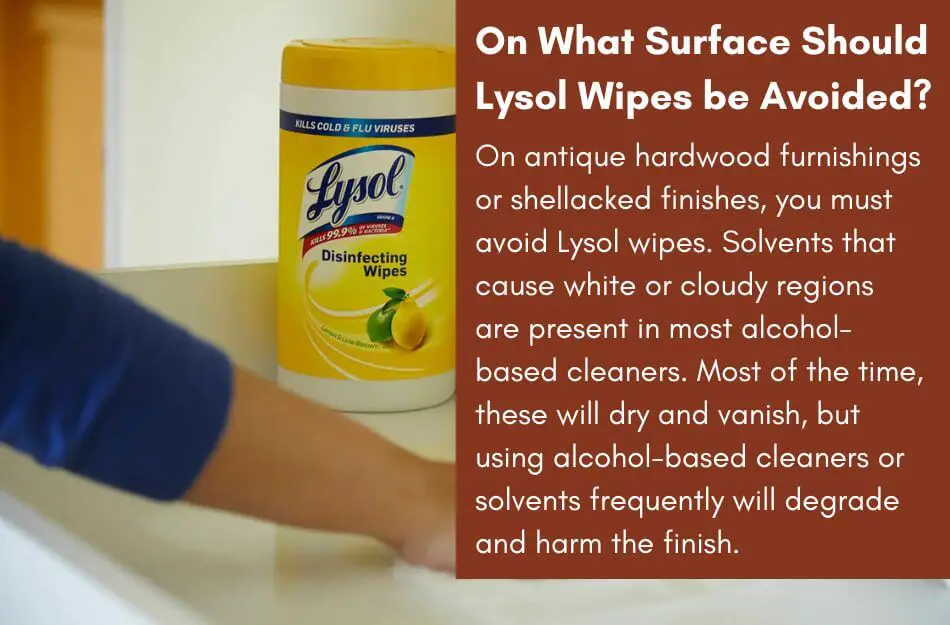
Most of the time, these will dry and vanish, but using alcohol-based cleaners or solvents frequently will degrade and harm the finish.
Also Read: Why Does My Hardwood Floor Look Cloudy? Causes & Solutions
Tips For Using Lysol Wipes On Hardwood Floors
Here are some pointers for effectively using Lysol wipes on hardwood floors in your house:
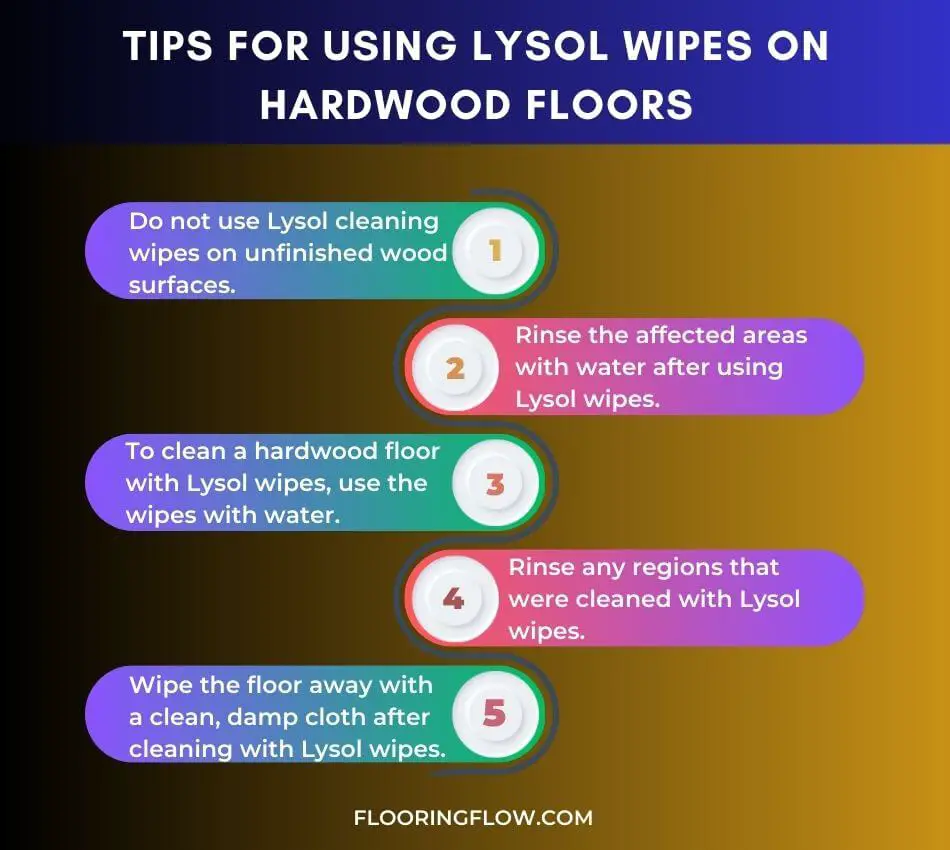
- Do not use Lysol cleaning or disinfecting wipes on untreated or unfinished wood surfaces.
- Rinse the affected areas with water after using Lysol wipes at their maximum intensity to eliminate stains or soap scum.
- If you want to clean and deodorize a hardwood surface with Lysol wipes, then use the wipes with water.
- Rinse any regions that were cleaned with Lysol wipes (despite diluting them) if you have young kids or pets at home to prevent their coming into touch with the cleaning agents.
- The Lysol company advises that if you are using liquid form Lysol cleaner and letting the cleaning solution on the surface for 3 to 5 minutes (based on how completely you would like or require to sanitize a surface) to cleanse your wood surfaces thoroughly and then wiping the floor away with a clean, damp cloth.
Final Thoughts
Utilizing Lysol products like wipes on treated (non-porous) hardwood floors is secure and efficient.
Lysol wipes will probably ruin any untreated wood surfaces (those without varnish, sealant, varnish, wax, etc.), as the wood facade has tiny holes that enable liquid or air to penetrate the layers of the wood.
The manufacturer of the Lysol brand advises using Lysol wipes either for cleaning non-porous hardwood surfaces, undiluted, or at maximum strength.
You may need to depend on the degree of cleaning you prefer: weekly maintenance or a thorough clean once a month.
On your cleaned hardwood surfaces, you must be able to use Lysol solutions (sprays and wipes) safely and efficiently.

As a co-creator of FlooringFlow.com, Emma Sophia comes on board to answer all your questions related to any flooring problems. Together with John Henry, she’s gained extensive experience in fixing many flooring problems in their own house as well as in friends and family’s. Now, she wants to share her knowledge that she gained during floor remodeling, restoring, and DIY projects.

